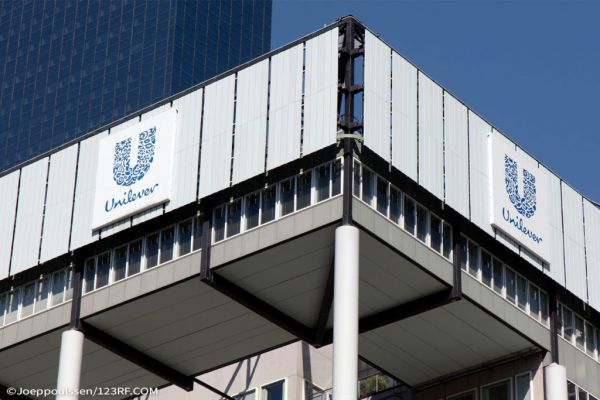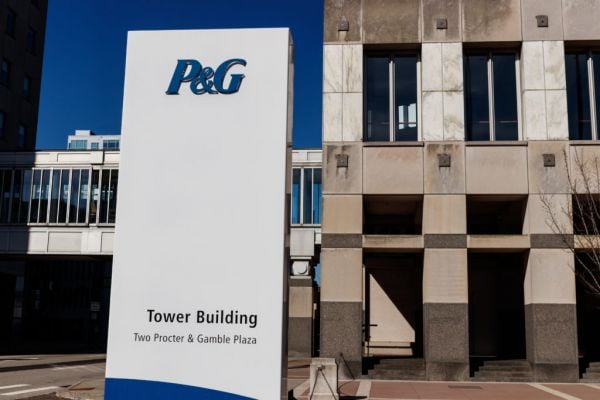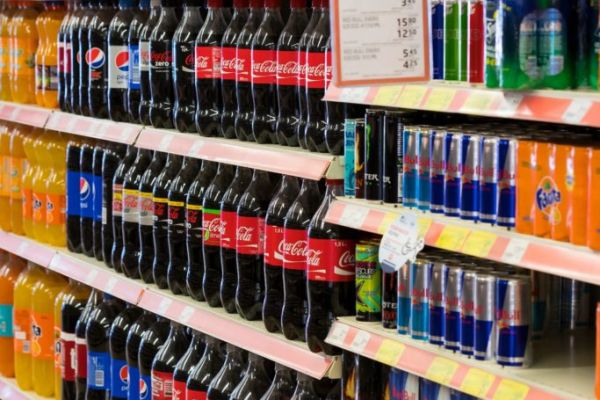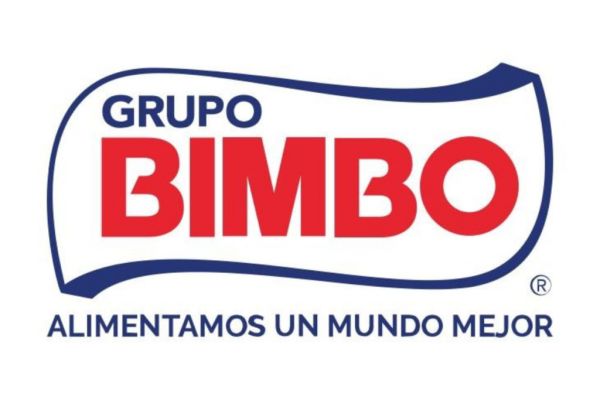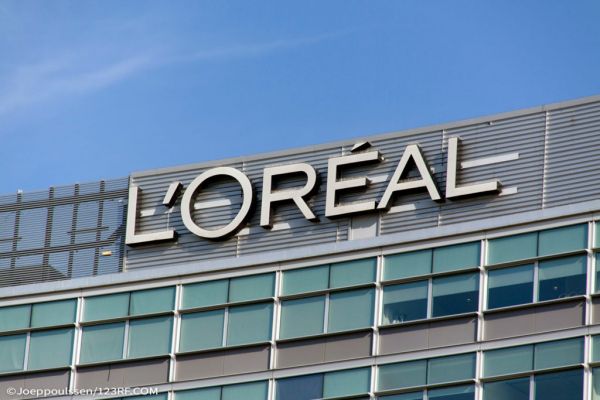Unilever has reported a 7.3% underlying sales gain in the first quarter of its financial year, which was largely driven by price increases – prices rose 8.3%, while volumes were down 1%.
“The delivery of another solid quarter of sales growth builds on the improved growth momentum that we achieved in 2021," commented CEO Alan Jose.
Here's how leading industry analysts viewed its performance.
Sofie Willmott, GlobalData
“Unilever’s results clearly show that consumers globally are cutting back in response to higher prices, with volumes dropping into negative territory in Q1 2022 (-1.0%). Price growth accelerated (+8.3%), driving overall performance, reflecting how the FMCG giant has raised prices to maintain margins as raw material costs soar, and painting a similar picture to that of competitor P&G’s quarterly results.
"When Unilever reported in early February it expected cost inflation to subside in H2, but since then the Ukraine conflict has heaped more pressure on supply chains and heavily impacted the production and price of key materials. It now anticipates H2 cost inflation to reach €2.7 billion versus a previous forecast of €1.5 billion, and €2.1 billion in H1, indicating more price increases to come.
"Although Unilever’s portfolio of brands across beauty and personal care, foods and home care are very well known amongst consumers, with 13 of the brands generating sales of over €1 billion each annually, they are under huge threat from lower priced items this year. Unilever should focus on communicating the value for money and quality in its products to encourage spend, while ensuring its entry-priced options are an appealing alternative to those wanting to trade down.”
Russ Mould, AJ Bell
“The true definition of a company with pricing power is one which can push up its selling prices without dampening demand. Unilever has managed the first bit but not the second. Each of its three core divisions has seen a drop in sales volumes in its first quarter as a result of raising prices.
“While Unilever talks about another solid quarter of sales growth, pressure on costs means its profit margins aren’t suddenly going to fatten up because people are paying more for a jar of Marmite or a box of Magnum ice creams. In fact, it is guiding for operating margins to be at the bottom end of its previously guided range.
“In the UK, consumers are starting to trade down to supermarkets’ own-label products because they are cheaper. That presents a real threat to Unilever’s earnings in the near-term if people shun its higher priced items. There is a risk this trend spreads to other geographies.
“The inflationary pressures have taken the spotlight off chief executive Alan Jope for a while, but a resumption of normal trading conditions will inevitably revitalise the debate over whether he is the right man to keep running the business, given poor returns for shareholders under his leadership.”
Barclays' European Food Retail Equity Research
"A good start to FY22 for Unilever but caution on higher inputs costs for H2. Unilever’s OSG outperformance of 230ps vs consensus (7.3% vs 5%) was supported by strong pricing +8.3% but weaker volumes of -1%. So far the impact on volumes has been modest, but the company has cautioned further pricing action will impact volumes.
"On guidance, Unilever expect OSG at top end of +4.5% to +6.5% (cons +5.2%) and expect H1 margin to be within their FY22 guidance range of 16-17% but FY22 margin to be at the bottom end of the range (cons 16.3%), which is largely expected, as their COGs inflation is running >33% and on our estimates will be a Eur4.8bn headwind this year (vs Eur3.6bn previously). Europe bit weaker with OSG of +0.7% as +5.4% pricing was partially offset by -4.4% volume pressure. Most markets were in decline as consumer demand was impacted by price increases across all categories.
"Whilst we see this as a good start to the year, we think the commentary that volume elasticity will increase on higher pricing could weigh on the shares as well as the fact that margin guidance is ‘only’ moving to the bottom of the range when H2 inflation guidance is up 70%."
© 2022 European Supermarket Magazine – your source for the latest A-Brands news. Article by Stephen Wynne-Jones. Click subscribe to sign up to ESM: European Supermarket Magazine.
